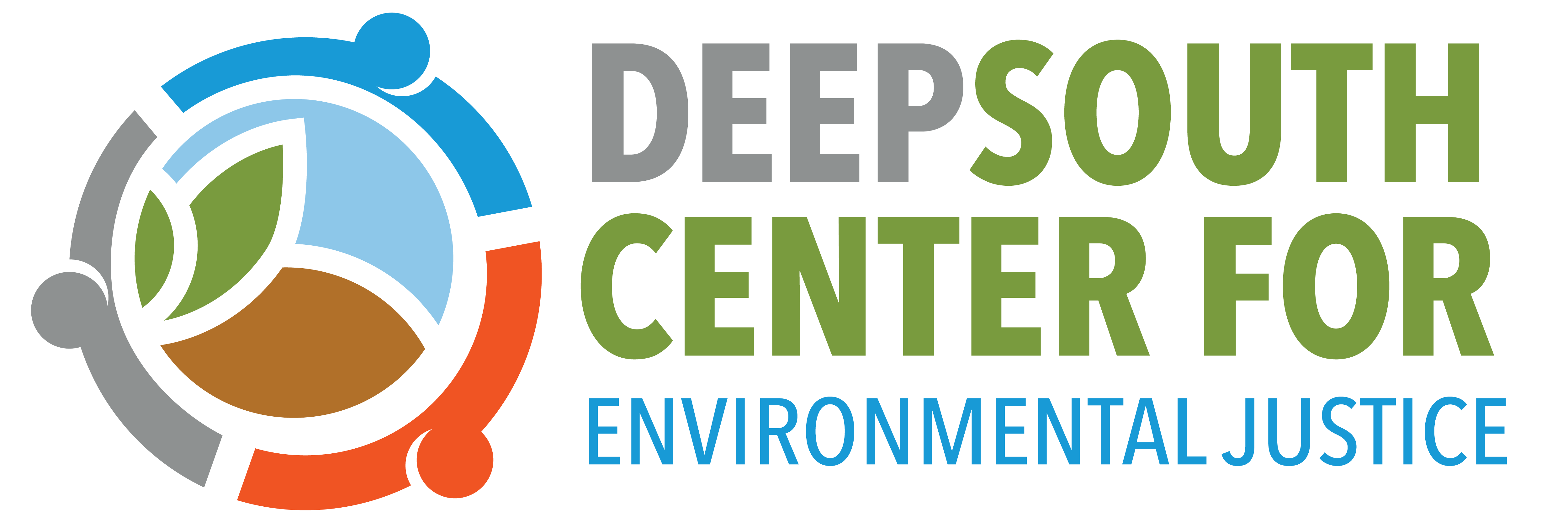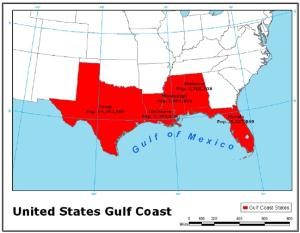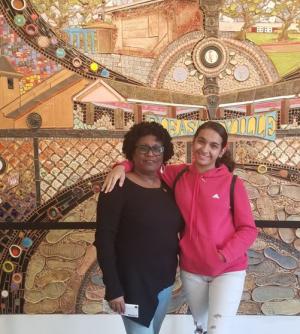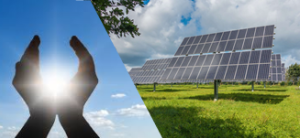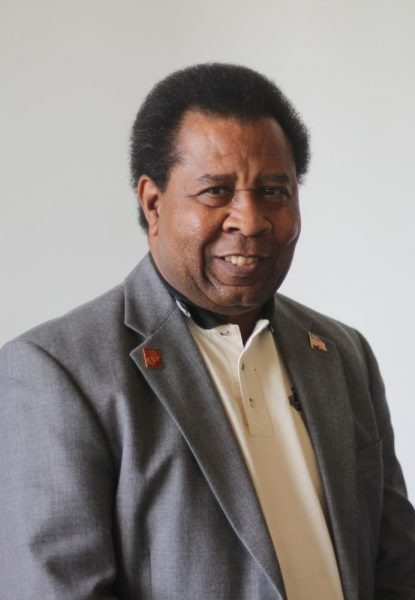
A Discussion With Members of the HBCU Climate Change Consortium
Interviews conducted by Payton Wilkins, DSCEJ Program Manager WTP
In 2011, because of the urgent need to diversify leadership in the environmental arena, Dr. Robert D. Bullard and I, launched the Historically Black College and University Climate Change Consortium. The Consortium was conceived to help raise awareness about the disproportionate impact of climate change on marginalized communities to develop HBCU student leaders, scientists and advocates on issues related to environmental and climate justice policies, community resilience, adaptation and other major climate change topics—especially…. contd.
Community Partner Spotlight
Put the Womack On ‘Em

We had the wonderful privilege of catching up with Major Joe Womack, Chief Executive Officer of Clean, Healthy, Educated, Saffe and Sustainable (CHESS) in Africatown Mobile, AL. We took the time to explore what motivates him and why he’s dedicated his retirement to the work of Climate and Environmental Justice. Major Womack also shares the most important lessons he’s learned leading CHESS.
Q: What type of work does CHESS do?
JW: We’re primarily an environmental action group for Africatown in Mobile, AL. We explore the nuances of political decisions on our lives. We fight against industry encroachment on the community and push back on industries that are taking advantage of the communities.
Q: How did you get into Environmental Justice and Climate Justice?
JW: I returned to Mobile in 1975 after serving in the military. I saw the environmental injustices in my community and said “Why don’t people do something?” I saw politicians lying on TV, but I didn’t do anything until retirement in 2008. In 2010 I got involved in community service. My mother always said “Don’t let them take my land.” My community involvement has picked up ever since. I formed partnerships strategically with groups, became really engaged civically and was attending all types of meetings. I started a Black vets organization, a county wide environmental group and now CHESS. With CHESS we fight for environmental justice within the Africatown Community only. CHESS was founded in 2017 with the leadership of Dr. Beverly Wright at the Deep South Center for Environmental Justice and Dr. Robert Bullard at Texas Southern University. CHESS became one of the 5 Gulf Coast underserved Community Based Organizations (CBO’s) that the HBCU-CBO Gulf Coast Equity Consortium selected to assist in resolving environmental justice and climate change problems.
Q: If you could do it again, would you do anything differently?
JW: I would’ve stopped believing someone else was going to solve the issues in my community. I wish I would’ve got started with this sooner.
Q: Do you have any advice for folks that want to start a grassroots organization like CHESS?
JW: You must have it within yourself that you’re not going to quit. People will follow you; and if they see you quit, they will quit too. People will sit back and wait for you to quit. You gotta know that you’re not going to quit. When you don’t know what to do, do the right thing. When you are right continue to fight, when you’re wrong, go home! As long as you do the right thing, nobody can argue with you. Oh, and keep good records. Keep good financial records, keep notes for meetings. Start out with your family and friends. If somebody quits, don’t say anything bad about them — they may come back.
Alumni Spotlight
From the Caribbean to the Classroom
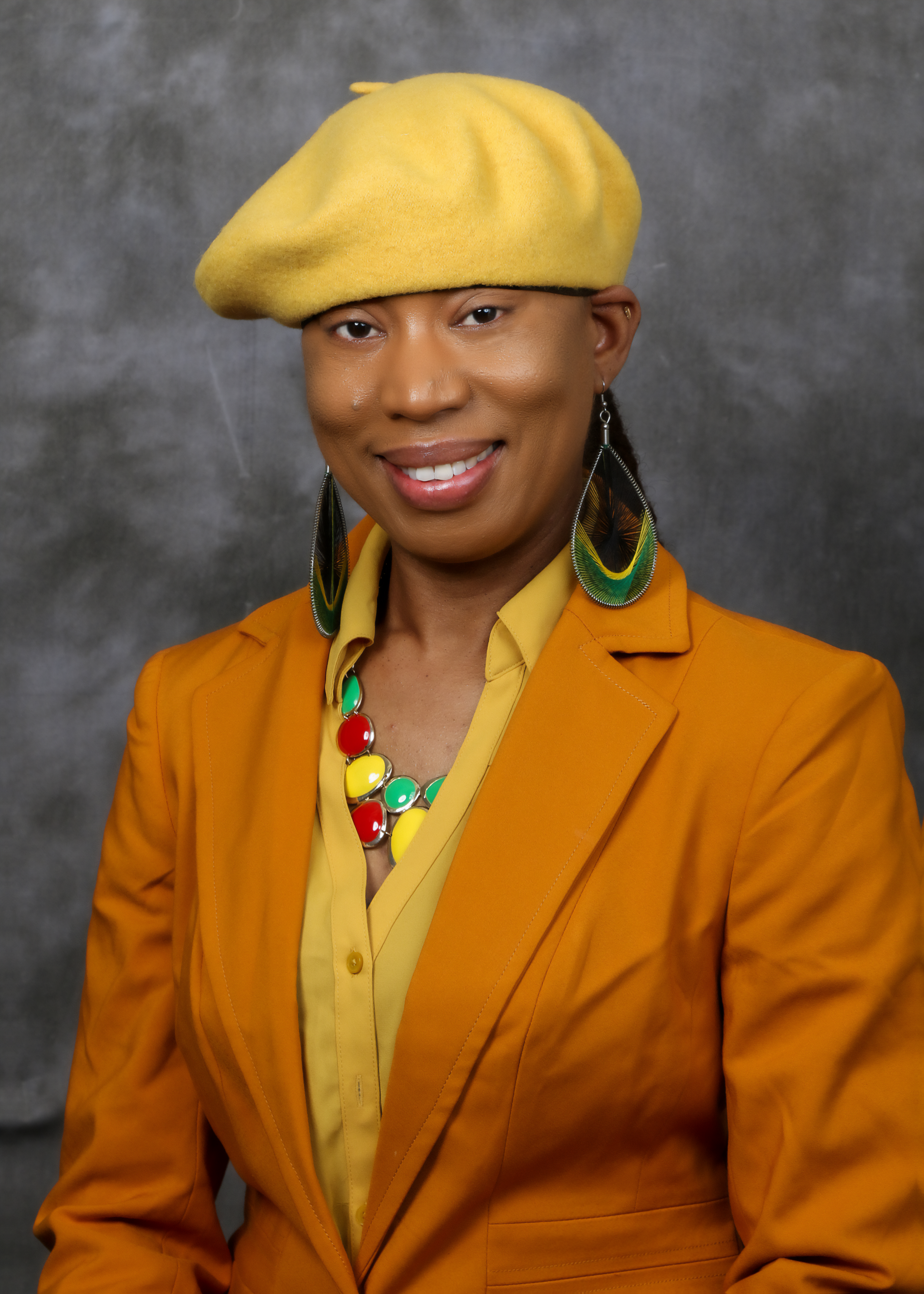.png)
Simone English is a phenomenal human being. A few weeks ago we chatted with her from her Tallahassee living room. We learned a lot about her research and why she chose to focus on environmental justice and climate justice issues. Read the interview below for more insight.
Q: What is your major at Florida A & M University?
SE: I am completing my PhD. in Environmental Science. I am All But Dissertation (ABD).
Q: Why did you choose Environmental Science?
SE: I chose Environmental Science because my main goal is to understand why my community is suffering from natural disasters. I want to see how communities can prevent and survive natural disasters.
Q: What advice would you like to share with others?
SE: We all are a part of this entire system; people, animals, places are all a part of it. We have a role to play. And we should protect the earth because it keeps us alive. If we want clean water, food, and a good quality of life, we should protect Mother Earth. It doesn’t matter what field of study you’re in, we should care about Mother Earth.
Q: What does Climate Justice look like to you?
SE: Climate Justice for me is ending some of the repercussions of Environmental Justice, Environmental Racism, and colonialism. So basically, we can’t have Climate Justice until we get reparations and some repair to our unhealthy environments. Therefore, collectively we can enjoy clean air, land, water and healthy food. Climate injustice is impacting the entire world and it’s because of colonialism. There’s always one sect, white people, that is extracting economies, resources, and people that are not theirs and it’s more than they need. They continue to take what doesn’t belong to them. Until we have Black Justice there cannot be any other kind of Justice.
Faculty Mentor Spotlight
Climate, Culture, & Cosmos
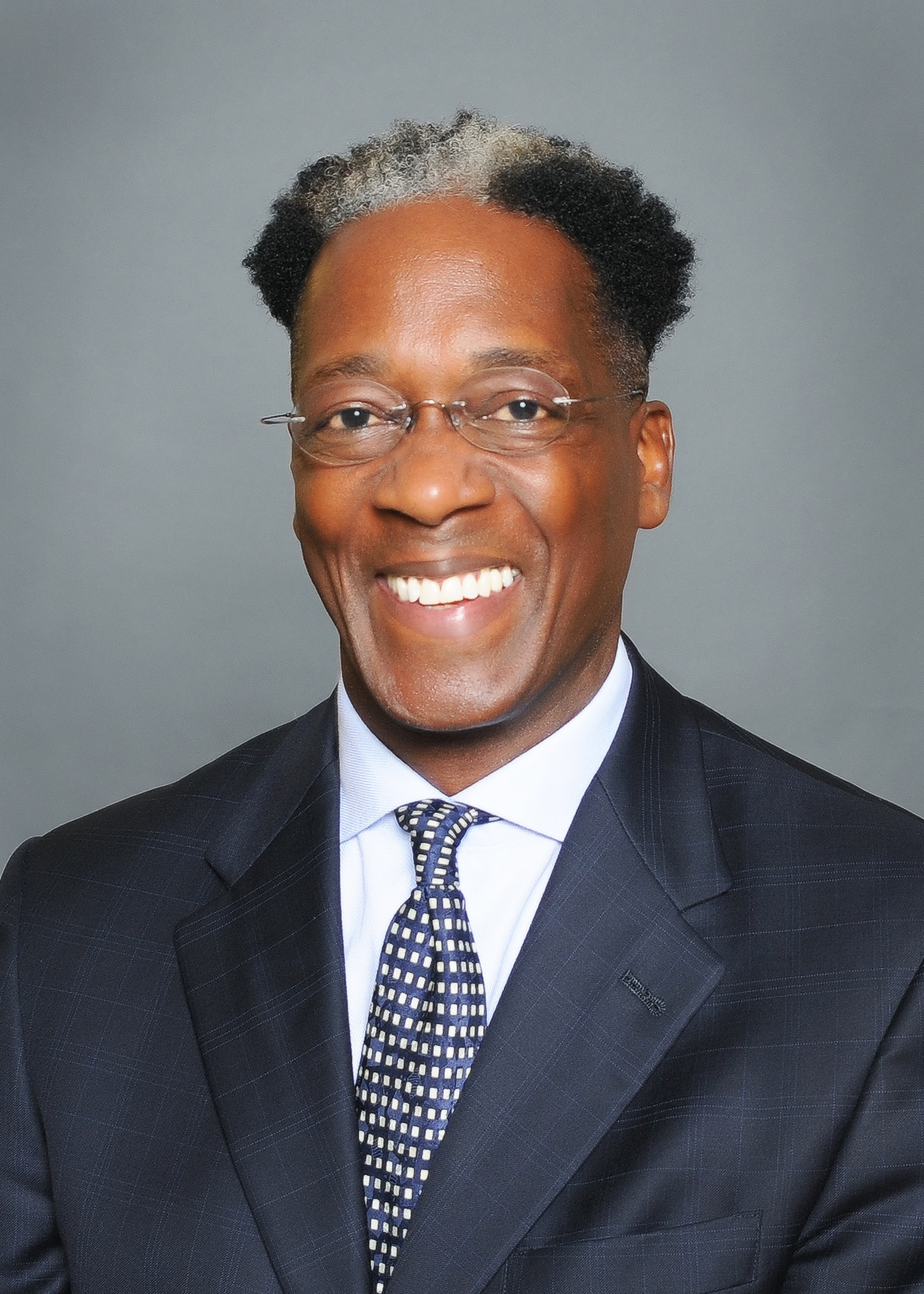
Interviewing the infamous Dr. John Warford was a pure pleasure. In this interview, Dr. Warford, drops gems on us. Insight from this celestial blessing stretches across academia and general life practices. Continue reading for an unexpected paradigmatic shift in your understanding of Environmental Justice, Climate Justice, and life.
Q: What did you study in college?
JW: Economic Geography
Q: What led you to Economic Geography?
JW: I’ve always been interested in a wide variety of subjects. I knew there had to be ways to teach interdisciplinary subjects together. Naturally, I was drawn to interdisciplinary subjects that don’t fit into one category. I was drawn to the larger areas of information; that includes history and geography. I was very fortunate, to have in the field of economic geography, a teacher that could translate that information. He had a leap because of the interdisciplinary approach.
Q: What type of research have you been focusing on lately?
JW: I have been exploring Environmental Justice (EJ) communication praxis and I have been examining various different forms of documents that have been produced in the movement for EJ. I’ve been converting these documents into creative ways of communication.
Q: If you could do things differently, would you?
JW: I got to try a lot of things, brother. No, I wouldn’t do anything differently. Knowing where I am now, is where I’m supposed to be. There’s a certain level of evolution to partake in human and earth science studies. So I would have started earlier if it were possible.
Q: What advice do you have for folks that want to follow a similar path?
JW: Each one has a unique path. Be an authentic person. Hopefully you do something you’re passionate about. Your doing should spring from what you are becoming. To be an honest and authentic person you should excel in whatever you do. Avoid two things: all unhappiness can be summed up into two things: comparison and attachment. One must recognize that you have a life and you’re supposed to become something everyday in life. Everybody has something they will do to their perfection. Be the same all the way through. Don’t be distracted by the notion of imposter syndrome. The world knows what to do with them [imposters]. Learn to accept and be your authentic self because your spirit knows the truth. Be true to the path that’s in front of you because it’s all about evolving as a person. Be aware of your faults and strengths.
Q: What does Climate Justice look like to you?
JW: It looks like human beings are living in harmony with nature and the cosmos. Nature equals planetary. Cosmos equals a larger level. There are principles and laws that I am going to deal with as it relates to the word justice. Our movement has to do with purpose. The way we move is in the harmony of the universe and nature. Our purpose is aligned with the universe and nature. Our function is more of a mental thing. How we function is based on balance and reciprocity and equilibrium. That’s the natural thing we see and don’t know. Justice, we’ve been made to see justice as something that someone gives us. Justice is how we teach others how to treat us. Nature and cosmos don’t need anything from us. Nature doesn’t have to do anything., We have to be good stewards of nature. That’s where justice for self begins. An Afrotopia is creating mechanisms and checks to balance nature. We have to do something with our function or purpose. Our purpose has been to emulate our function. But that’s antithetical to our responsibility to develop a system that meets our needs. Culture and the order of behavior of our people must be in line with the cosmos of nature.
Current Student Spotlight
Scholar & Steward
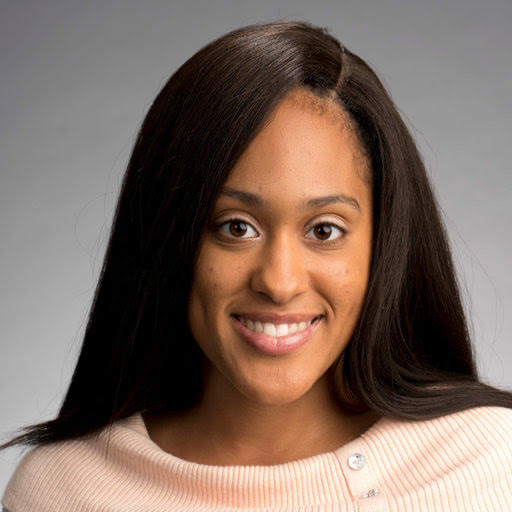
It’s no secret, Dillard University produces exceptional scholars, and just great human beings in general (some of the best). Sure, I may be a little biased (c/o 2014). But, that doesn’t take away from the great work Joy Semien has been doing. She’s a hard hitting scholar on a vanguard of research. Joy has been true to the cause since her beginning. Check out her story below.
Q: What school do you attend, and what schools have you attended?
JS: The illustrious Dillard University for undergraduate school, Texas Southern University for graduate school, and Texas A&M University where I’m currently enrolled in a PhD program.
Q: What are you studying now?
JS: Well, I’m a candidate. I’m writing on, and researching, organizational recovery and how they’re [organizations] recovering from natural disasters, and other disasters. I’m really focusing on businesses in southeast Texas.
Q: What advice can you give to people that want to follow a similar path?
JS: Do every internship you can find, because that’s how I figured out what I like to do and don’t like to do. Find positive mentors in your field, because they give you the most. Say “yes” to a lot of opportunities and learn when to say “no” to opportunities that don’t benefit your growth.
Q: How did the HBCU Climate Change Consortium contribute to your success?
JS: I think it was everything. It set me up to be ready for graduate school, to interact with different practitioners in my field. It was the baseline experience. It helped me get out of my shyness. It trained me to step into the next level — both academically and professionally.
Q: What does Climate Justice look like to you?
JS: People acknowledging that we have a problem. Having air and water that doesn’t kill us; that doesn’t lead to long term illness. Respect trust and honesty. Self-determination to decide on the location of industry in proximity to our communities. A lot more respect. There’s clearly no respect for human life. They value dollars over people. People over profits.
